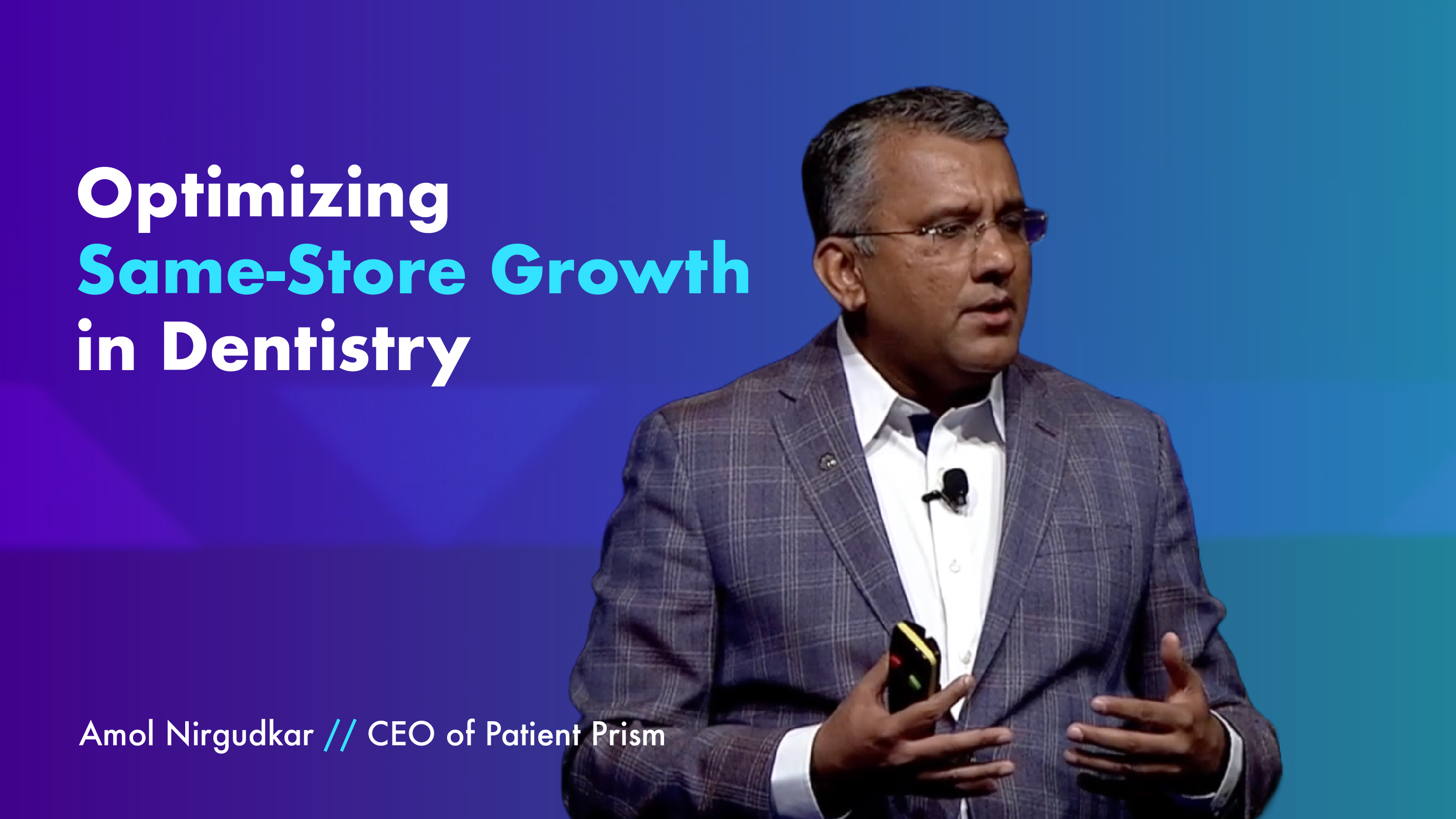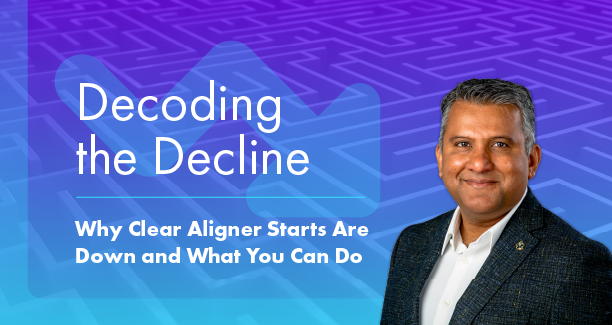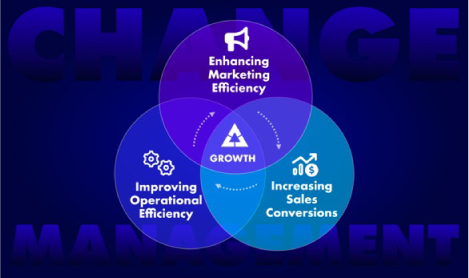AI’s Role in the Marketing and Client Retention Strategies of Plastic Surgery Clinics
In the competitive landscape of plastic surgery, clinics are increasingly turning to Artificial Intelligence (AI) to not only attract new clients but also retain them. AI’s capabilities allow clinics to analyze vast amounts of data, predict patient behaviors, and personalize marketing strategies. This targeted approach not only improves the efficiency of marketing efforts but also enhances the overall patient experience, thereby increasing client retention rates. Here’s a closer look at how AI is reshaping marketing and retention strategies in plastic surgery clinics:
1. Targeted Marketing Campaigns
AI can analyze patient demographics, past procedures, and behavior patterns to segment the patient base effectively. This segmentation allows clinics to design targeted marketing campaigns that speak directly to the interests and needs of specific groups. For example, AI can identify trends such as an increase in demand for non-invasive procedures among certain age groups and tailor marketing content to highlight these services to those specific demographics.
2. Predictive Analytics
Using predictive analytics, AI can forecast future trends and patient needs based on historical data. This information is invaluable for planning marketing strategies and resource allocation. For instance, if AI predicts a rise in interest in a particular procedure, the clinic can allocate more resources to promoting that service, ensuring they meet market demand efficiently.
3. Personalized Patient Journeys
AI enhances the patient journey by providing personalized interactions from the initial contact through follow-up care. By analyzing individual patient data, AI can customize communications, recommendations, and services to meet each patient’s unique needs. This personalization makes patients feel valued and understood, significantly enhancing patient loyalty and satisfaction.
4. Optimizing Patient Engagement
AI tools can automate engagement through personalized emails, SMS messages, and social media interactions based on the patient’s preferences and past interactions. For example, if a patient shows interest in skincare tips, the AI system can send them relevant articles or blog posts. This continuous and relevant engagement helps keep the clinic at the forefront of patients’ minds.
5. Enhancing Online Presence
AI can optimize a clinic’s online presence by analyzing user engagement on the website and social media platforms. AI tools can suggest content adjustments, identify the best posting times, and optimize SEO practices to enhance visibility and attract more prospective patients.
6. Improving Client Retention
AI can identify patterns that may indicate a patient is likely to discontinue services. By recognizing these signs early, clinics can proactively address any potential issues, adjust their approach, and engage these patients with personalized incentives to remain loyal to the clinic.
7. Feedback Analysis
AI can efficiently analyze patient feedback to identify strengths and areas for improvement. By understanding what patients value most or least about their experiences, clinics can adapt their services and interactions to better meet patient expectations, thus improving satisfaction and retention rates.
8. Lifetime Value Prediction
AI can calculate the projected lifetime value of patients based on their behaviors and treatment history. This insight allows clinics to focus their retention efforts on high-value clients and design loyalty programs or promotions that maximize long-term relationships.
By leveraging AI in marketing and client retention strategies, plastic surgery clinics can achieve a deeper understanding of their client base, anticipate market changes, and tailor their services to meet the evolving needs of their patients. This targeted approach not only maximizes marketing ROI but also builds a loyal client base that is key to long-term success.







